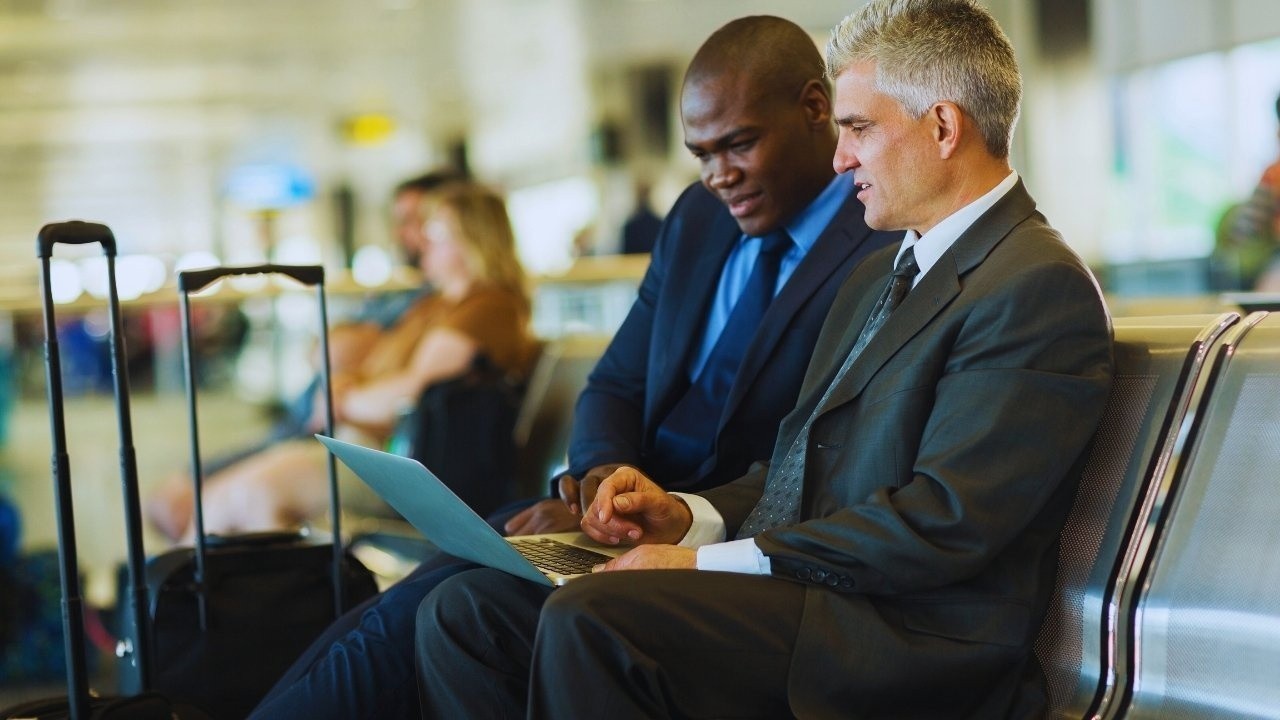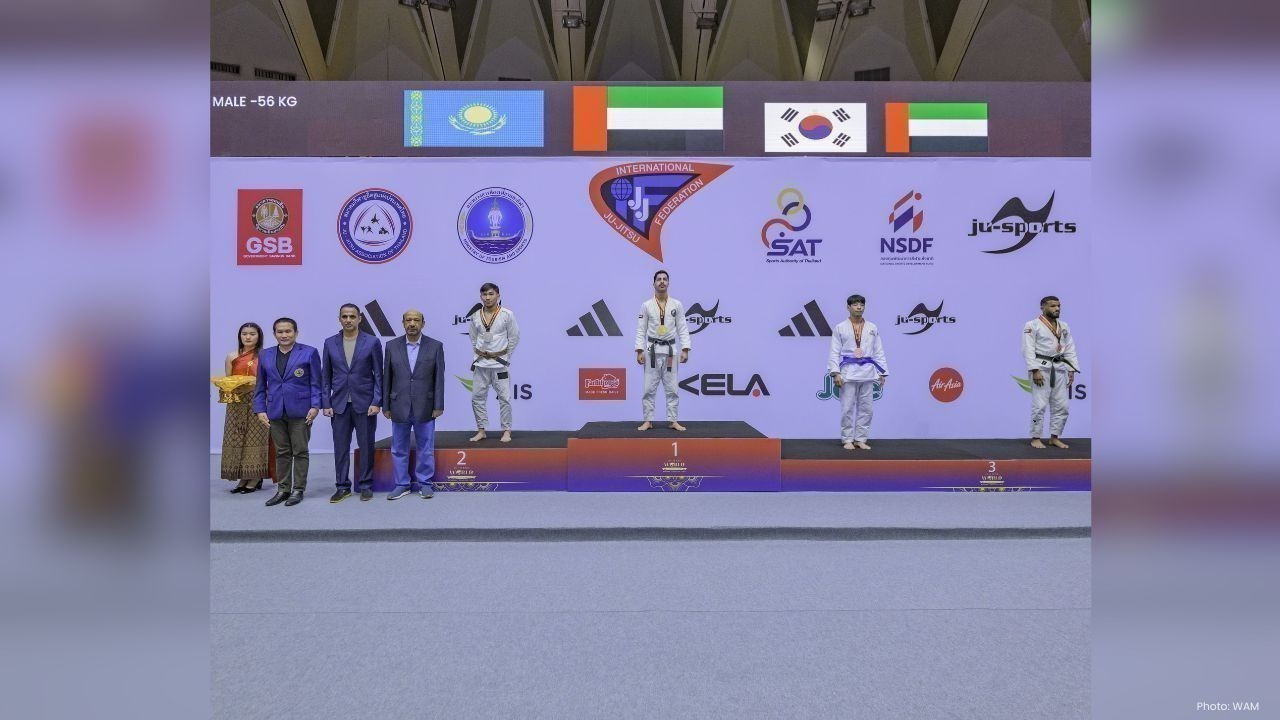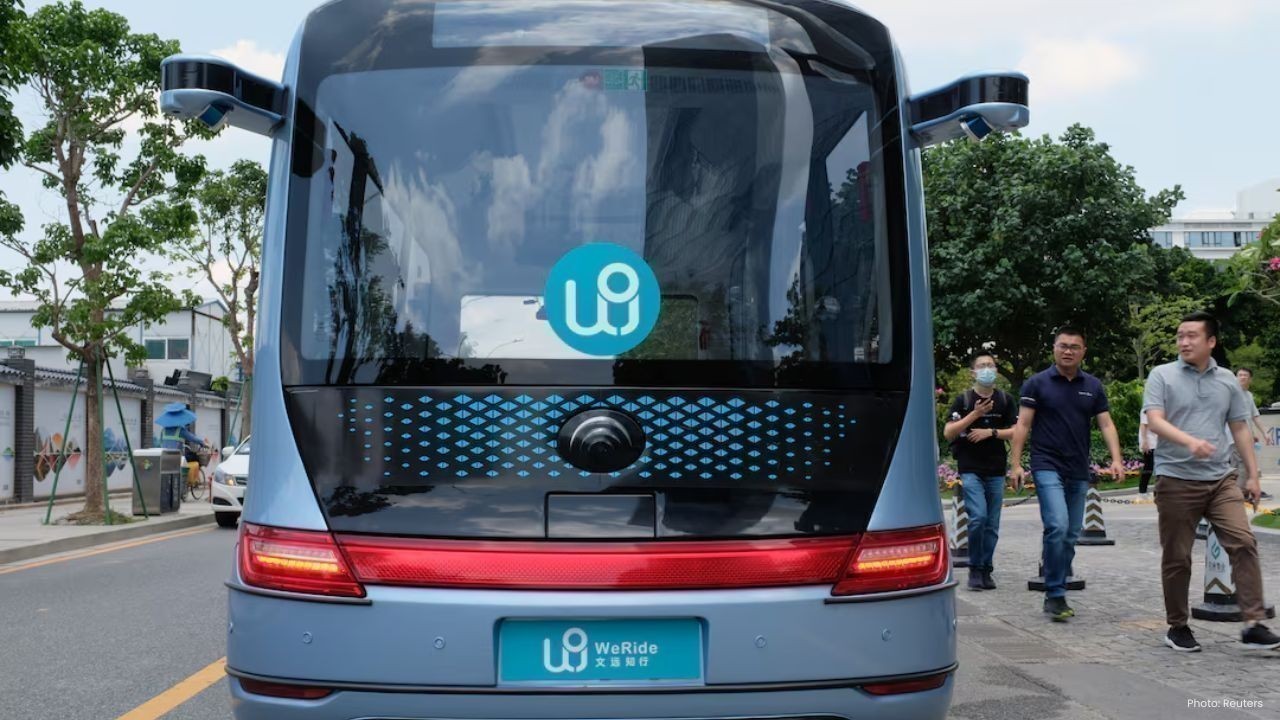
Post by : Anis Karim
The once-clear divide between work and vacation has blurred. Professionals are no longer flying in, finishing meetings, and returning home the next day. Instead, they’re extending business trips into personal mini-holidays, exploring local culture, cuisine, and attractions. This new trend, called bleisure—a blend of business and leisure—has evolved beyond convenience into a lifestyle statement.
What began as a niche phenomenon among frequent flyers has now become a global movement. Companies have started encouraging employees to mix leisure into their corporate travel schedules, recognizing the benefits it brings in reducing burnout, enhancing creativity, and strengthening job satisfaction.
The seeds of bleisure were planted years ago, but the pandemic accelerated its growth. As remote work became normal, employees realized that location no longer dictated productivity. The ability to “work from anywhere” opened doors to new travel possibilities. When borders reopened, business travelers carried that mindset forward—combining work duties with personal exploration.
According to recent travel industry data, more than 60% of business travelers now plan to add leisure days to work trips. Major travel agencies and hotel chains have restructured their offerings to accommodate this growing segment. Flexible check-ins, work-friendly rooms, and local experiences tailored for professionals have become the new standard.
For the modern workforce, bleisure is not just about fun—it’s about balance. The relentless pace of digital work has made downtime essential. Extending a work trip into a weekend getaway allows professionals to decompress without the need for separate vacation planning.
Employees see it as a way to make the most of their travel expenses. If a company covers the airfare and partial stay, using personal time for exploration becomes financially smart. Many see bleisure as a form of self-care that combats workplace stress while enriching personal growth.
More importantly, the psychological benefits are undeniable. Employees return home refreshed, inspired, and more loyal to employers who allow such flexibility. Companies are learning that supporting bleisure policies can improve morale, retention, and even productivity in the long run.
Companies once wary of mixing business and personal time now view it as an asset. The focus has shifted from strict travel rules to outcome-based policies. As long as work goals are met, many employers are happy to grant employees flexibility to explore on their own terms.
Global corporations such as Google, Deloitte, and Salesforce have already integrated flexible travel options into their corporate wellness programs. Some even offer travel credits for employees to extend their stays, encouraging cultural exposure and creativity.
HR departments now collaborate with travel management firms to design “bleisure-friendly” packages that ensure safety, insurance coverage, and seamless transitions from work to relaxation. It’s no longer a gray area—it’s part of the corporate ecosystem.
Not all cities are equally suited for bleisure travel. Urban hubs with rich cultural offerings, strong digital infrastructure, and easy accessibility top the charts.
Cities like Singapore, Dubai, Bangkok, and Kuala Lumpur have become global centers for bleisure travelers. Their business districts coexist with world-class dining, entertainment, and nature experiences—offering professionals the best of both worlds.
Dubai, for instance, attracts executives attending conferences at the World Trade Centre who then unwind by the beaches of Jumeirah or explore the desert dunes. In Southeast Asia, Bangkok’s coworking cafés and vibrant street culture make it an ideal bleisure hotspot.
Even smaller cities are catching up, investing in digital infrastructure, high-speed internet, and lifestyle-friendly facilities to cater to remote workers and business visitors seeking longer stays.
Technology is the invisible engine driving this revolution. AI-based travel apps curate personalized itineraries, suggesting local activities that fit within meeting schedules. Smart hotel rooms now feature ergonomic workstations, high-speed Wi-Fi, and wellness amenities for guests who blur the lines between work and rest.
Digital travel assistants are being integrated into business platforms, allowing professionals to manage bookings, video calls, and expense reports in one place. The rise of “smart hospitality” means travelers can attend a virtual conference from a mountain lodge or reply to client emails between snorkeling sessions.
With the advent of the metaverse, virtual networking events even allow professionals to connect with colleagues globally while staying physically mobile. Technology isn’t just enabling bleisure—it’s perfecting it.
The shift toward bleisure has significant implications for the global travel economy. Business travel used to be predictable and limited to weekdays. Now, travelers extend their stays through weekends, boosting revenue for hotels, local restaurants, and attractions.
The travel industry has responded quickly. Airlines offer mixed packages, combining corporate discounts with family-friendly extensions. Hotels design loyalty programs that reward longer stays. Tourism boards are promoting “workation-friendly” destinations to attract international professionals.
As a result, bleisure travelers contribute billions in additional spending each year. Local economies benefit from increased cultural engagement, off-season travel, and community-based tourism, creating a sustainable balance between business and leisure demand.
Interestingly, the bleisure trend aligns with sustainable travel goals. By extending stays, travelers reduce the frequency of flights, cutting down their carbon footprint. Moreover, staying longer promotes slow tourism—engaging more deeply with local communities rather than hopping from city to city.
Businesses are also adopting eco-conscious policies that tie into bleisure principles. Instead of multiple short business trips, employees are encouraged to combine several meetings into one extended visit, maximizing efficiency and minimizing travel emissions.
Sustainability has thus become an integral part of the bleisure conversation—connecting environmental awareness with mindful work-life integration.
Despite its growing popularity, bleisure travel raises questions. Who bears responsibility for insurance coverage during personal time? How are expenses divided between company and individual use?
Some corporations remain cautious due to legal and financial gray areas. Employers must establish clear guidelines regarding liability, reimbursement, and data security while employees use corporate devices abroad.
Another challenge is maintaining productivity. While flexible travel encourages creativity, it can also blur boundaries. Striking the right balance between relaxation and responsibility remains essential for both sides.
Nonetheless, as companies refine their policies and technology simplifies oversight, these challenges are gradually being addressed.
The rise of bleisure signals a deeper cultural transformation. Work is no longer confined to an office, nor is travel purely recreational. The two worlds have merged into a hybrid model where professional goals and personal well-being coexist harmoniously.
In the coming years, bleisure is expected to evolve into “work-life tourism,” where people spend months in a city working remotely while exploring new cultures. Governments and tourism boards are already responding with digital nomad visas, allowing extended stays without traditional work permits.
This shift redefines success—not as hours worked but as experiences gained. The modern professional doesn’t want to just earn; they want to live, learn, and travel meaningfully.
Bleisure 2.0 represents the evolution of how we view work and leisure—not as opposites, but as partners in a balanced lifestyle. It’s a reflection of a generation that values flexibility, mental health, and cultural engagement over rigid corporate norms.
For companies, embracing this trend means nurturing happier, more loyal, and creative employees. For travelers, it’s a gateway to richer experiences without sacrificing professional growth.
The future of work travel is no longer about efficiency alone—it’s about fulfillment. Bleisure is not a passing fad; it’s the blueprint for how the global workforce will live and move in the years ahead.
This article is for informational and editorial purposes only. It reflects current trends and general insights into the bleisure travel phenomenon. Readers should verify travel and corporate policies independently before making decisions.

UAE Shines with Three Medals at Bangkok Jiu-Jitsu Worlds
UAE Jiu-Jitsu team wins three medals at Bangkok World Championship, celebrating Flag Day with golds

UAE Offers Condolences to Kenya After Heavy Rainfall and Landslides
UAE expresses deep condolences to Kenya after heavy rainfall triggers deadly landslides, claiming se

WeRide to Raise $308M in Hong Kong Amid Global Expansion
China’s autonomous driving firm WeRide plans to raise $308M via its Hong Kong listing, eyeing expans

YouTube TV Offers to Bring Back ABC, ESPN Amid Disney Dispute
YouTube TV proposes restoring Disney’s ABC and ESPN for viewers as both sides continue tense talks o

Harmanpreet’s Gut Call, Shafali’s Magic Seal India’s Glory
Harmanpreet Kaur’s bold instincts and Shafali Verma’s all-round brilliance powered India to their fi

Mexico Mayor Assassinated During Day of the Dead Festivities
Uruapan Mayor Carlos Alberto Manzo Rodriguez was assassinated during Day of the Dead celebrations, r

Antarctica’s Hektoria Glacier’s Mysterious Rapid Retreat
Hektoria Glacier in Antarctica retreated 8km in two months, baffling experts and raising new concern

The Ultimate Guide to Dieting in Dubai Keto vs Vegan vs Mediterranean
Discover Dubai’s top diet trends Keto Vegan and Mediterranean Find which plan fits your lifestyle f

Stay Fit in Dubai 7 Fun Outdoor Workouts Without a Gym
Explore 7 fun ways to stay fit in Dubai from beach runs to desert hikes and skyline yoga No gym nee

Beyond Biryani: Mastering Portion Control in Dubai’s Melting Pot of Cuisines
Discover how to enjoy Dubai’s diverse cuisines wisely Learn simple portion control tips to stay heal

Fabien Marchand — The Infinite Brushstroke of Freedom
French artist Fabien Marchand explores freedom, color, and emotion through his evolving art — bridgi

Dubai’s Healthy Food Revolution 5 Global Wellness Trends Transforming the City
Discover how Dubai is embracing a global wellness wave with plant based diets organic food and smart

Start Your Day with Chia Seeds for Stronger Healthier Hair Naturally
Discover how morning chia seeds boost hair growth add shine and strengthen roots naturally with easy

The Power of SPF Why Daily Sunscreen Use Protects Your Skin from Damage
Discover why daily sunscreen matters Learn SPF basics how to choose the right type and protect your

Simple Hydration Hacks to Help You Drink More Water Every Day
Stay refreshed with easy hydration hacks Learn fun natural ways to drink more water daily boost ener